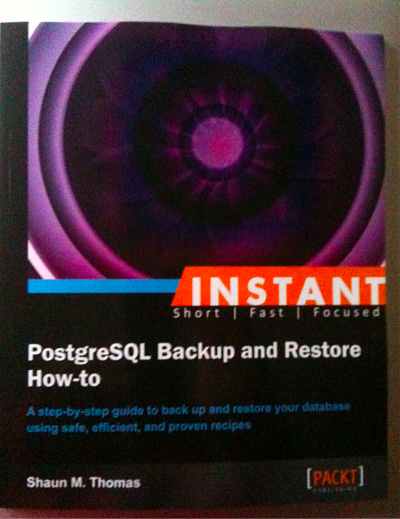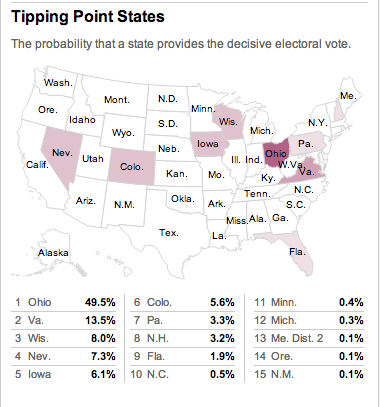By now I’m sure most of you have heard the story of Todd Akin, and his comments on “legitimate” rape; they’ve been hard to avoid. Or at least, the backlash against those comments was hard to avoid. Most people (well, most in my circles) expressed some form of outrage, exasperation, or utter dismissal towards the comments and the man who made them. This is of course, the nature of political discourse in America; we tend to vilify those who say things we don’t understand or find offensive first, and then demonize them later. When I first heard the quote my reaction was not that this guy was some ass-clown who just hates women; I thought “What does he mean “legitimate” rape? And where is he getting his information?” Yes, I understand; my reaction probably disappoints a lot of people, and probably makes others heads explode.
I find that most people try to do the right thing. Of course, what you think the right thing is depends a lot on the information you’ve come to believe. If I said that I was basing my beliefs off of what doctors say, I think most people would be ok with that. In this case, he said that doctors had told him these things. So to me, my problem isn’t with the conclusions he reached(1), it’s with the way he gets there. And this was what was more frustrating; no one was stopping to question the source material. Well, no one until I happened to see the Anderson Cooper show. Here’s
a good write up on thier episode where they actually attempt to track the statement to the source, and they find a doctor who has written and lectured the information that Akin was referring to. They of course then brought in thier own doctor to counter those claims, and they made some inferences into the reason for the false information. (Yes, I know, actual journalism, hard to imagine). For anyone who thought there might be something to Akin’s comments, watching that episode should have put a lot of those thoughts to rest.
So what the hell does this have to do with DevOps you might be asking? Well, one of tenants of DevOps culture that we try to employ, and that I have seen inside of really successful DevOps shops, is the idea of blameless post mortems. In practical terms this means that when something goes wrong, you work to find out the cause of the problem, but not to assign blame to any particular person, but instead to figure out how to make improvements. One of the reasons for this goes back to what I said early; people try to do the right thing; whether you are an SA or a Web Dev or whatever, your goal is not to crash the site, and if your actions caused that, we start with the idea that it wasn’t your intention, but some piece of information caused you to think that was ok. Why did you do the thing you did? Why did you believe it was safe and/or a good idea? As a technical manager or leader within an organization, answering these questions is critical to your success, because chances are that you have also played a part in the failure, because you did not adequately prepare the person for the mission they were about to embark. Yes, you can blame the person, call them the ass-clown, even git rid of them, but chances are if they thought they were acting on good information, someone else has probably heard similar information, and they are getting ready to make the same bad decisions.
So the next time you see someone do something, or say something, that seems boneheadedly wrong, before you start castigating them, take a brief moment to find out why they did what they did, and what was the information they were relying on that caused them to act as they did. Then, rather than persecute the person, persecute the poor information; make sure everyone you think might be working under incorrect pretenses gets the opportunity to hear the real situation. If your lucky, your “bad actor” might even become a champion for your cause. OK, perhaps not in politics, but I have seen that happen in technical shops, and when it does, it’s awesome.
ADDENDUM: This morning my son missed his bus. It was his first day of middle school. We went to the bus stop at the time we saw in the paper and posted at his school during orientation. He was understandably upset by this, and with new school nerves in a bundle, was feeling quite angry. At first he blamed himself and was worried that his teachers would be mad at him. After we explained that wouldn’t be the case; he then got angry at the bus driver for not showing up at the right time. We again told him that he shouldn’t be so upset, but he wasn’t having it. I then explained to him the concept of the blameless post mortem; that we didn’t really know what went wrong; we showed up when we thought we were supposed to, and it was possible the bus driver showed up when she thought she was supposed to, or maybe the bus didn’t show up at all (my older son’s bus broke down this morning, and he had to catch a ride). The point for us now was to figure out what the right time for the bus was, make sure it got communicated to all parties, and make sure we made the bus tommorrow.
(1) OK, yes, I have a problem with the conclusion, but I don’t think it’s the problem people should be focusing on.

